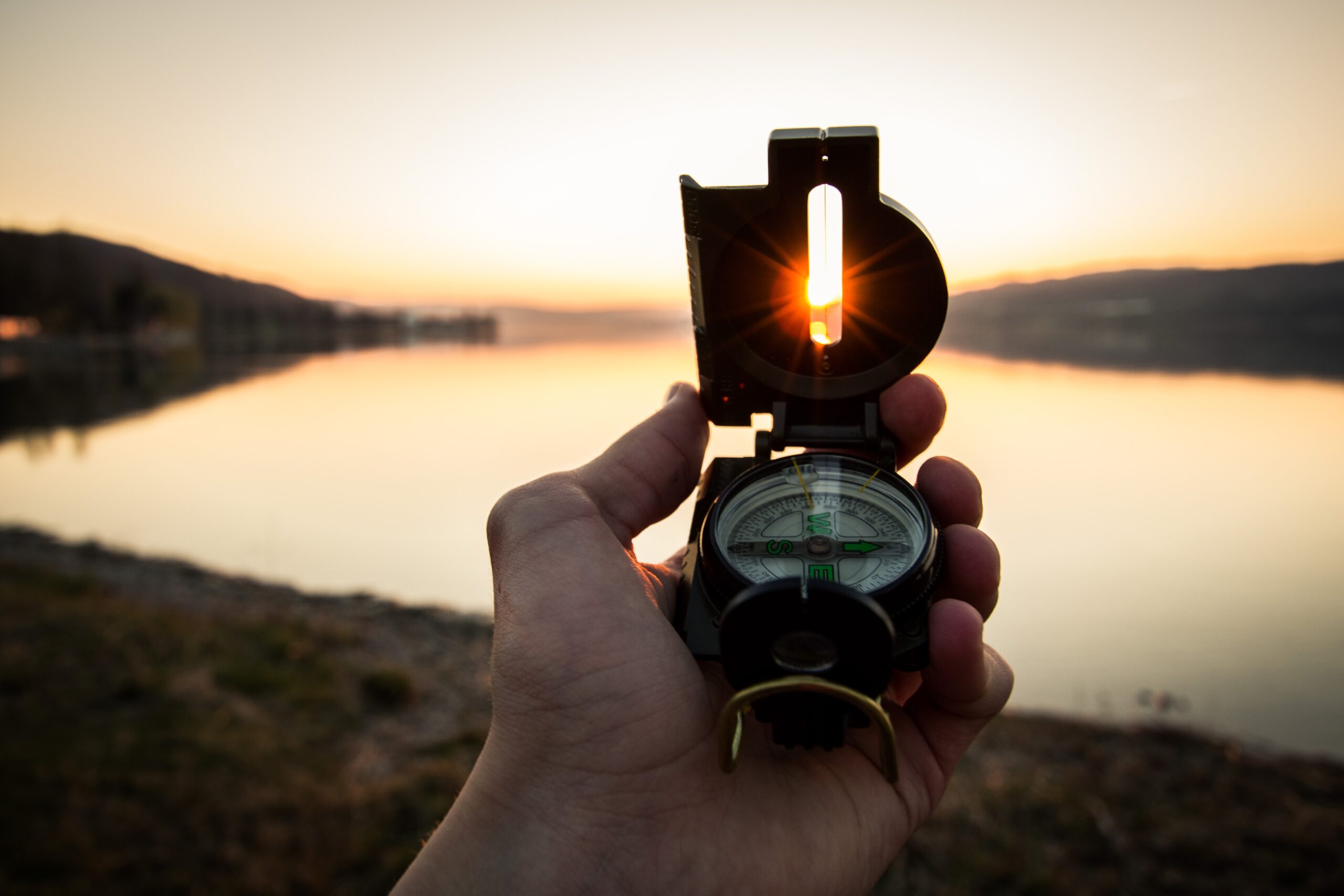
Thinking about a career in sustainability? The key to making it happen, says SYSTEMIQ’s Matthias Ballweg, is how you think about it.
It all started from conversations about work, with family and friends. “So many of them would ask: ‘That’s cool, how did you get there?’”, says Matthias. “And always, between the lines or even explicitly, was the question: ‘How can I do something similar?’”
‘Something similar’ was a career in sustainability, and ‘there’ was SYSTEMIQ, where Matthias met his co-authors, Jörn Kobus and Benedikt Kruft. Together they developed the ideas that would become “How do careers in sustainability work?”, a mini-guide which builds on several hundred conversations with career-starters and career-changers. In a 10-minute read, it offers a framework for approaching the issues – idealistic and practical – that go round our heads when we think about a more purpose-driven job. Can my career change the world? Do I want to work for change within the system – or change the system itself? And crucially, if I focus on sustainability, what am I giving up in return?
That last question, at least, is easy to answer. “One thing we know for certain: you don’t have to sacrifice career ambitions or hard or soft benefits,” the authors confirm. “People dedicating themselves professionally to sustainability can build a great career platform, earn a significant amount of money, and have a solid work-life balance coupled with work satisfaction. Even in a ‘regular’ job, it is not easy to keep these three dimensions in parallel. But it is not necessarily harder when dedicating your career to sustainability than anywhere else.”
It was not always like this. Matthias joined SYSTEMIQ in 2019, from an industry where a sustainability focus was considered a ‘soft’ choice. “People from other teams would not look at you! Even if they admired the topic, they would think that was not good for your career.”
Things have changed – massively. “The amount of euros and dollars in sustainable business models, in philanthropy, in traditional business model transition, in research into sustainability has gone x5 or x10 in the past few years.” And then came COVID: “People were sitting at home and reflecting more, and more people than usual started to rethink their career.”
The joint article draws on the authors’ different perspectives: Matthias’s current focus is on policy pathways for net-zero mobility; Jörn is a career coach as well as a circular economy expert; Benedikt is completing a double master’s degree while weighing up his internship experiences. It underlines their view that “anybody can contribute to sustainability, regardless of where you are in your career”, and that the shape this contribution takes is a very personal choice. The article plots a triangle around salary, ‘soft benefits’ like job satisfaction, and career growth: finding your place within it is up to you.
Another key decision is whether you see yourself as a system-changing pioneer, or helping to embed the change. “I am personally sold on a system change perspective now”, says Matthias, and takes an example from his industry: do you want to put more electric cars on the road… or create a multi-modal transport system that needs one-third fewer cars?
Your personal decision is likely to influence your choice of employer, too. The authors sketch a spectrum from industry to activism – with the exception provided by SYSTEMIQ itself, where consultancy, entrepreneurship, investment and research are linked by an NGO-like passion for environmental and social justice. And because ‘like finds like’, SYSTEMIQ frequently finds itself working with activist companies, BCorps, and what Matthias calls ‘isles of sustainability’ – pioneering teams or start-ups in institutions where you might not expect them. The mainstreaming of sustainability, and SYSTEMIQ’s distinctive entrepreneurial culture, means “there are new ideas every day… and you want to say ‘yes’ to everything.”
Far from basing your career choices on a diagram, it becomes clear that this is about spelling out the questions in our heads, and answering them in ways that are honest to ourselves. However logically we plan, as Matthias himself admits, there’s often some more intuitive decision making, driving us to the right choices. “Some of the people at SYSTEMIQ came through sustainability, but I came to it through the people, through our like-mindedness and wanting to work together.”
SYSTEMIQ is a climate and systems change company, with a mission to accelerate the transition to a net-zero, nature-positive and more inclusive economy. We do this by building ambitious multi-stakeholder coalitions; advising leading companies, financial and public institutions; and investing in businesses that will scale new solutions in energy, nature and materials.

